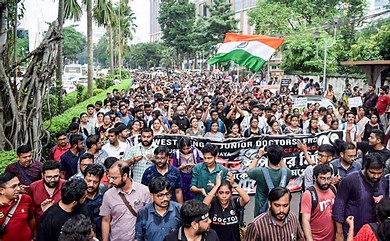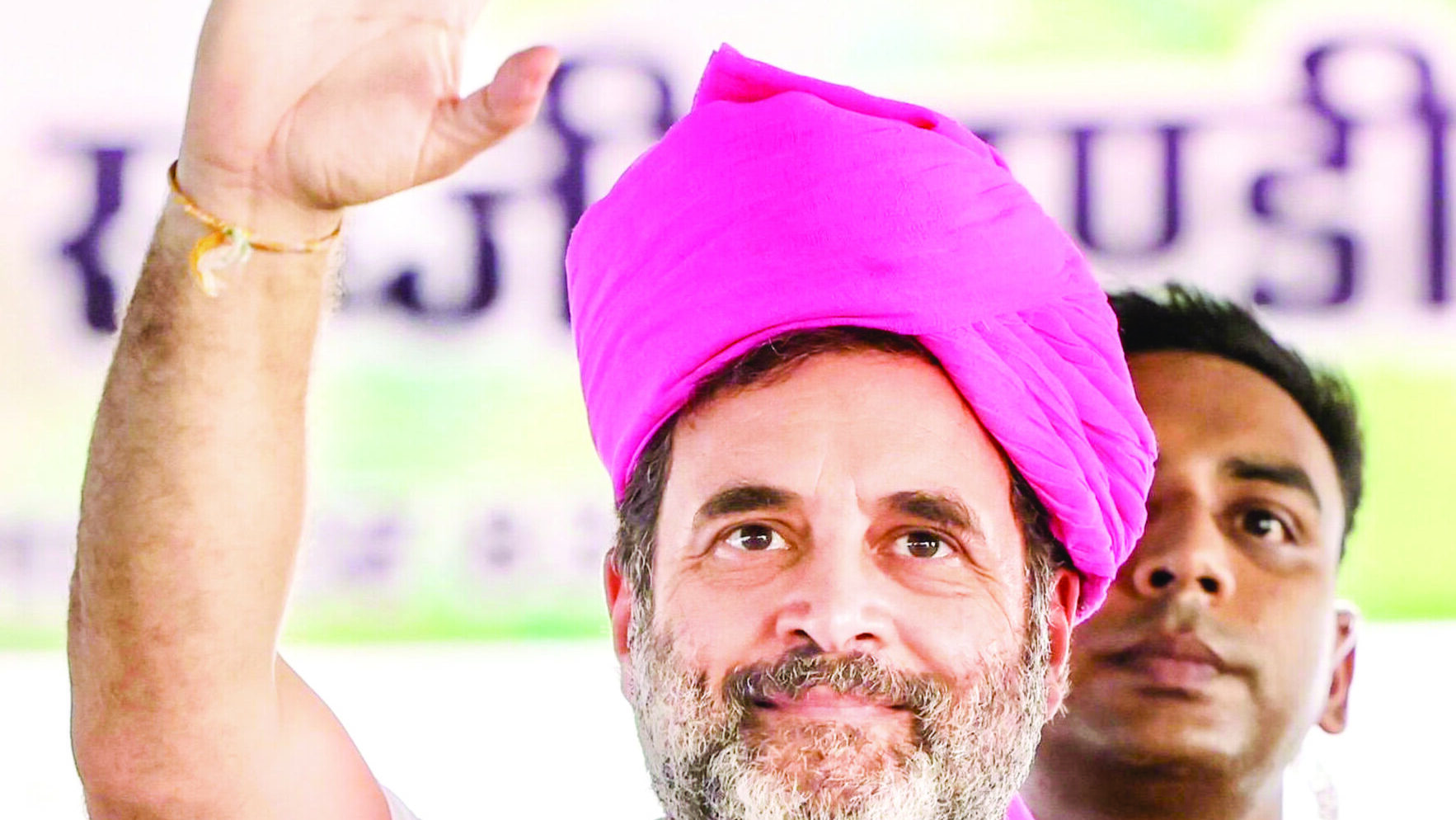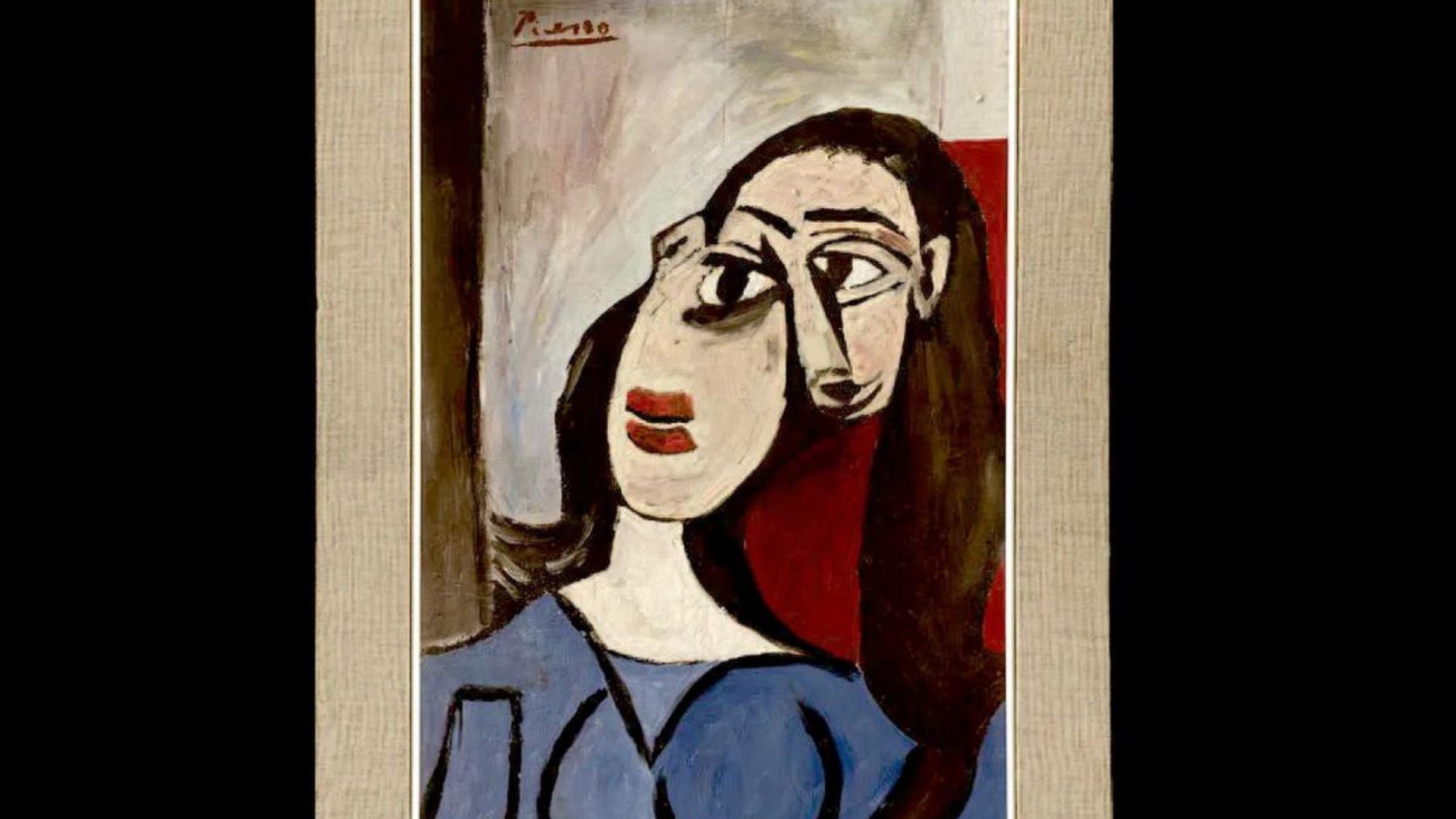
Gandhiji is a goliath in today’s India. He was declared the man of the millennium. The father of the nation shares his birthday with another great son of the soil, Shri Laal Bhadhur Shastri. That his ideology is still relevant has been illustrated here.
Gandhian principles don’t seem relegated to the past
He has left an indelible phenomenal impact on India and other nations even almost 76 years after his demise. He not only left a hallmark on the Nehruvian state with its emphasis on agrarian India, but also forged the policies of several generations of politicians thereafter, most prominently Morarji Desai (on non-violence), Jaya Prakash Narayan (on village self-government.) and Narendra Modiji (on Swacha Bharat Abhiyaan and on Make in India ). Gandhian views on secularism – however much a caricature in its modern distorted form – remains the core ideology of the Congress Party. The Indian constitution derived its core precepts from the Gandhian ideals.
Just months after August 1947, Gandhiji had vigorously commenced to advocate the creation of linguistic states to supplant the old British administrative divisions. The birth of linguistic states at the edict of the States Reorganisation Commission in India after 1955 was very much a legacy of Gandhiji’s vision. Similarly, his prescience of village republics, Gram Swaraj, directly begot the institution of Panchayati Raj, or local self-governance in Indian village. Gandhi’s vision of swadeshi is still widely admired even today, as the government aspires to make India self-sufficient. The second iteration of Swadeshi under the name “Atma Nirbhar Bharat” was introduced by the Prime Minister Narendra Modi during the Covid time, when India was witnessing an economic predicament. Gandhi’s view of socialism is more social in its approach than political. Gandhian philosophy will keep guiding Indian policymakers. His tenets have had a profound impact on everything from poverty mitigation to “Sarva Shiksha Abhiyan” to “Ayushman Bharat” to “Skill India.” Gandhi was a devout advocate of “Swachhata” and evinced top priority to cleanliness. The recently launched “Swachh Bharat Abhiyan’’ has actualised his mission of a clean India. Gandhi’s legacy has been an integral part of Indian diplomacy.
Impact beyond India
Nepal’s first industrial strike was modelled on Mahatma Gandhi’s Satyagraha against the autocratic ruling Rana dynasty.
Gandhiji inspired The Nepali Congress (NC).
Gandhi’s tenet of non-violence swayed activists across the world: Nelson Mandela, the Dalai Lama, the imprisoned Burmese Nobel laureate Aung San Suu Kyi, Guatemalan Nobel Peace Prize-winner Rigoberta Menchu and Martin Luther King. Gandhiji galvanized two of the most consequential mass mobilizations in the USA— Cesar Chavez’s advocacy for Latino farm workers and the civil-rights struggle for equality for African-Americans.
Chavez emulated Gandhiji, from boycotts to hunger strikes. Gandhi’s philosophy electrified movements that ousted dictators like Augusto Pinochet in Chile in 1989, Ferdinand Marcos in the Philippines in 1986, the Communist regimes in Eastern Europe in the late 1980s and Slobodan Milosevic in Yugoslavia in 2000.
Khan Abdul Ghaffar Khan, commenced a movement for nonviolence and social reform among the Pashtuns on the border of current-day Pakistan and Afghanistan. Ibrahim Rugova catalysed a movement for independence in Kosovo drawing inspiration from Gandhi in the 1990s.
VIEWS OF ANTONIO GUTERRES ON GANDHI
The pillars of the mission of the United Nations are Gandhiji’s vision and precepts . Many of his ideas foreshadow the holistic thinking behind the 2030 Agenda for Sustainable Development.
Gandhi perceived the significance of advocacy and action around the issue of sanitation and initiated campaigns for pure potable water and hygienic facilities when this issue was still deemed a taboo. His enduring relevance to our planning and action on a comprehensive spectrum of issues, from safeguarding the environment to promoting justice, from education to inequality is the reason behind his eternal legacy.
How relevant is Gandhi philosophy today
Mahatma Gandhi’s nonviolence theory is eminently significant as the world grapples with terrorism and other forms of violence. His philosophy can be propagated to address today’s global concerns pertaining to climate change, socio-political instability, human rights, sustainable development, war and peace, terrorism, political and administrative corruption. In the 21st century, this tenet must be practised since it is an inalienable element of Satyagraha to side with the truth without taking a recourse to violence. The three key issues confronted by the world today are” Global warming, climate change, and resource depletion’’. Gandhian views must be embodied into all environmental agreements and sustainable development programmes. In 2012 as an integral part of UNESCO, Mahatma Gandhi Institute of Education for Peace and Sustainable Development was set up in New Delhi to promote peaceful and sustainable communities via education for peace, eco-friendly development, and global citizenship. Gandhiji had an instrumental role in uplifting women and render them self- reliant which is still pertinent today.
Gandhiji’s tenets continue to conscientize both India and the rest of the globe even seven decades later his demise. Even in the 21st century or later every person should cleave to the core Gandhian ideology to enjoy a prosperous, healthy, blitheful, peaceful, and sustainable existence.
Dr. Ravi Prakash Tiwari is the author of PUN IS FUN.














